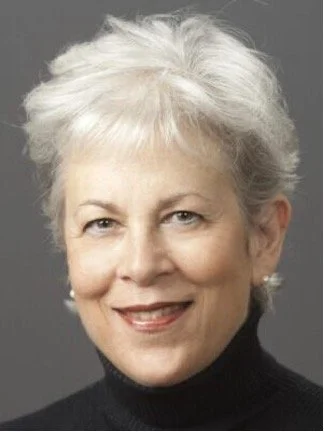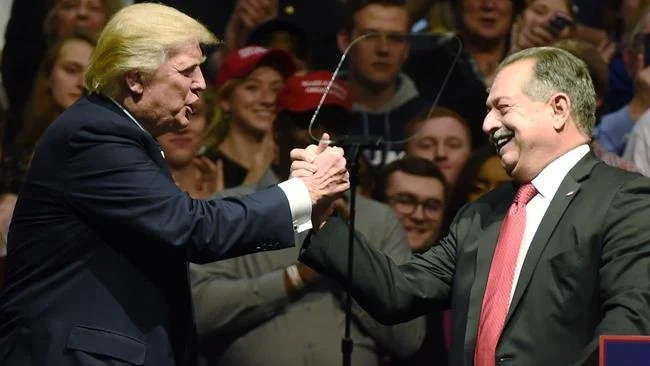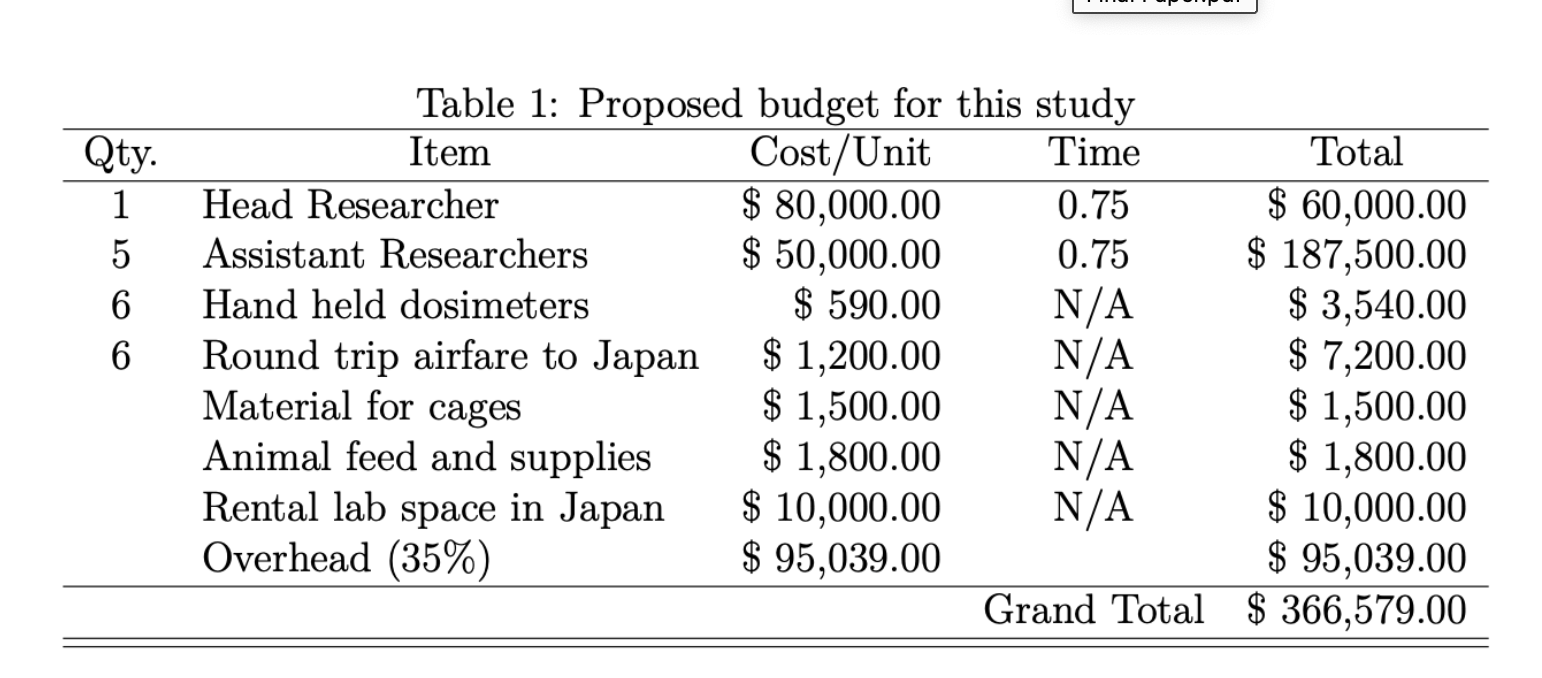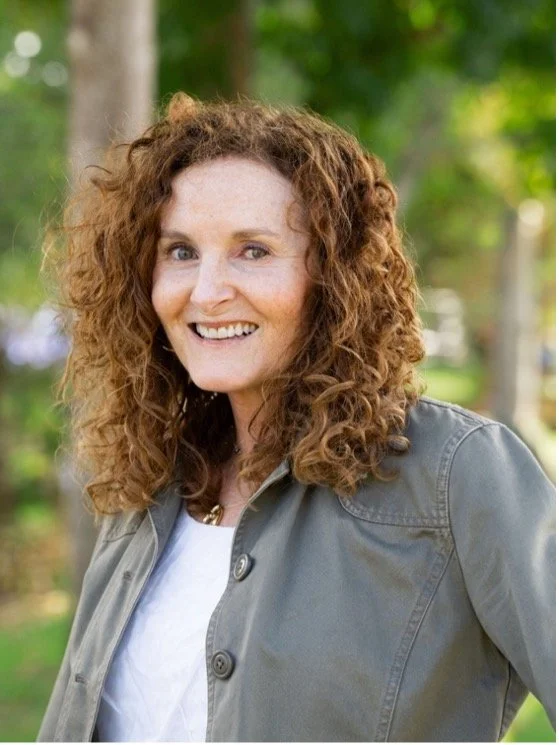As if we have yet lacked evidence that we should take environmental problems seriously as threats to our health and to our national security, we have the typhoon in the Philippines to add to other examples. Robert Musil’s Hope for a Heated Planet treats climate change as a Public Health issue, which of course, it is. And the terrible injustice is that those who have contributed the least to our environmental catastrophes will suffer from them most. Climate change is also a threat to our national security because famine and disaster are so destabilizing to the social fabric, as we have seen in the reports coming out of the Philippines, and as we all remember from Katrina. In fact, Navy Admiral Samuel J. Locklear III, among others, has called climate change the biggest worry we are facing (Bender, 2013). The Pentagon has had a security plan addressing climate change for decades, even while the previous president was denying the science. Because this most serious of threats to the public health, and others like it, like exposure to environmental chemicals, are best addressed at the national level, it is preferable to have federal agencies like the EPA and CDC involved in regulating pollution, both carbon and conventional. Only federal organizations have the capabilities and resources to address the full scope of problems like this. Unfortunately, right now very little is being done on the federal level, in part because of a large number of climate change deniers among legislators, and even on environmental committees in Congress.
I was just reading a speech by Elie Wiesel with my first-year students entitled The Perils of Indifference, about the tragedies wrought by the denial of and indifference to the Holocaust, despite all that was known. I was struck by the parallels with U.S. attitudes towards climate change right now. Denial, after all, is a kind of indifference, of putting one’s own peace of mind ahead of the life or death of others. Wiesel says of the conscious apathy displayed by the world towards the destruction of the European Jewry, that indifference “is not only a sin, it is a punishment” (Wiesel, 1999). One day, we will rue our inaction, and I hope we will hold responsible the politicians and corporate actors who are actively promoting denial now. It’s quite likely that poorer countries, who will be disproportionately and unjustly impacted though they contributed less to the problem, will hold rich countries like the U.S. responsible as well (Lowry, 2013). We are all responsible. I will never forget that when Elie Wiesel visited Benedictine University, where I teach, he said, in response to Mairead McGuire's talk of forgiveness and reconciliation, "Never forgive the killers of the children." It was startling, the vehemence with which he said it. Although it is difficult to tally the numbers of dead when every storm is stronger and every heat wave is hotter, many people are dying right now because of climate change, and many more will die in the future. To say anything else is to equivocate. How many die depends on what we do now. Consider what the ambassador from the Philippines to the U.N. Climate Change Convention in Warsaw, Naderev "Yeb" Saño, has said on the issue: “What my country is going through as a result of this extreme climate event is madness. The climate crisis is madness. We can stop this madness, right here, in Warsaw” (Saño, 2013). Watch the video at http://www.nytimes.com/video/world/asia/100000002548526/emotional-speech-by-philippine-delegate.html. This is just the beginning of the cost of climate change, and there seems little chance of the convention in Warsaw changing anything. This public health disaster unfolding in slow motion before us will only be remedied on the national or the international level, and only once the public will to do so has been summoned.
In the absence of action by the federal government, cities and states are doing the best they can. California has tried to enact stronger car efficiency standards. Many cities – including my own Warrenville, Illinois – are doing what they can to shave down the carbon footprint and otherwise improve environmental impact. Warrenville has joined the Sierra Club’s Cool Cities, chosen green sources for energy aggregation, promoted bikes and trees, and stopped spraying for mosquitoes and treating lawns. But none of this will be enough. By all means, individuals, cities, and states should do all they can, but they are very unlikely to have a significant impact without federal resources and regulations. How many more disasters must we witness -- or experience -- before we decide to act? How long will we remain indifferent, mired in the unforgivable sloth of denial?
References
Bender, B. (2013). Chief of U.S. Pacific forces calls climate biggest worry. Boston Globe. Retrieved from http://www.bostonglobe.com/news/nation/2013/03/09/admiral-samuel-locklear-commander-pacific-forces-warns-that-climate-change-top-threat/BHdPVCLrWEMxRe9IXJZcHL/story.html?s_campaign=sm_tw.
Lowry, A. (2013). The inequality of climate change. The New York Times. Retrieved from http://economix.blogs.nytimes.com/2013/11/12/the-inequality-of-climate-change/?_r=0
Musil, R. (2009). Hope for a heated planet: How Americans are fighting global warming and building a better future. New Brunswick, NJ: Rutgers University Press.
Saño, N.Y. (2013). Comments at U.N. Climate Change Convention in Warsaw. Retrieved from http://www.nytimes.com/video/world/asia/100000002548526/emotional-speech-by-philippine-delegate.html
Wiesel, E. (1999). The perils of indifference. American Rhetoric: Top 100 speeches. Retrieved from www.americanrhetoric.com/speeches/ewieselperilsofindifference.html











